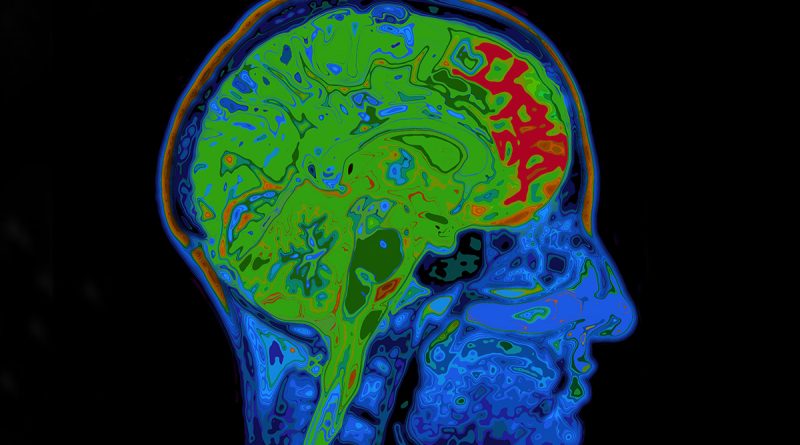CREATIVE IN EMPLOYMENT
Many employees are creative and innovative in the workplace. They work out ideas, make presentations, design logos or write computer programs. Many inventionsare also created through the intellectual efforts of employees.
But do the property rights belong to the employer or the employee? Not an unimportant question, as the answer will help determine who will receive the financial and other recognition.
The employment contract often contains a clause determining that the intellectual property rights belong solely to the employer. Whether such clauses are legal is determined by, among other things, the Economic Law Code. The law makes a distinction according to the type of intellectual creation.
Copyrighted works
The law protects the author of a ‘work of literature or art’. It concerns any intellectual creation of the author that is expressed in a specific and original form, such as a book, scientific text, lecture, photo, logo, song, presentation, etc.
As soon as a work meets the conditions of originality and specific form, it is protected by copyright without further formalities. The author has property rights (e.g. right of reproduction, adaptation, lending, etc.) and the moral rights (e.g. right of paternity) to the work.
The property rights enable the author to exploit their work and thus to benefit financially from it. These property rights belong to the author, even if the work is created in execution of an employment contract. The employee can transfer the property rights to the work to the employer in the following circumstances:
the work was created in execution of an employment contract;
this transfer of rights is explicitly provided for in a contract;
and the creation of the work falls within the scope of the employment contract.
In principle, the moral rights to the work cannot be transferred in their totality. In any case, the author reserves the right to oppose to any distortion, mutilation or other modification of the work or any other impairment of the work that could harm their honour or reputation.
Computer programs
A separate framework has been developed for computer programs. Contrary to other works protected by copyright, the law explicitly states that the property rights to computer programs commissioned by the employer belong to the employer, unless explicitly stated otherwise in the employment contract. Therefore, all property rights are automatically and fully transferred to the employer, unless otherwise agreed.
Inventions
In principle, the inventor has the right to apply for a patent for their invention.
If an employee invents something, the rights connected to this invention in principle belong to the employee (‘inventor’s principle’).
In practice, however, a distinction is traditionally made in the employment contract between three categories: service inventions, dependent inventions and free inventions
Service invention
The inventing is a direct consequence of normal work tasks of the employee (research or tasks that include inventiveness). The rights to the invention belong, in principle, to the employer (so-called ‘fruits of labour’ principle).
Dependent invention
This does not concern a service invention, but there is a connection with the employment contract in the sense that the employer contributes to important parts of the invention (knowhow, financial support, materials, tools, etc.) In that case, the rights to the invention are disputable. Even if the employee remains the holder of all rights, they will have to respect the obligation of confidentiality and the non-competition obligation, among others, if they wish to exploit the invention. Based on the principle of contractual freedom, the employee may transfer the property rights to the employer.
Free invention
There is no connection to the employment contract. The employee is the holder of all rights connected with the invention. Based on the principle of contractual freedom, the employee may transfer the property rights to the employer. However, the transfer of rights to all future inventions to the employer is unlawful.
Never Work Alone 2022 | Author: Bram Van Goethem | Image: Shutterstock

